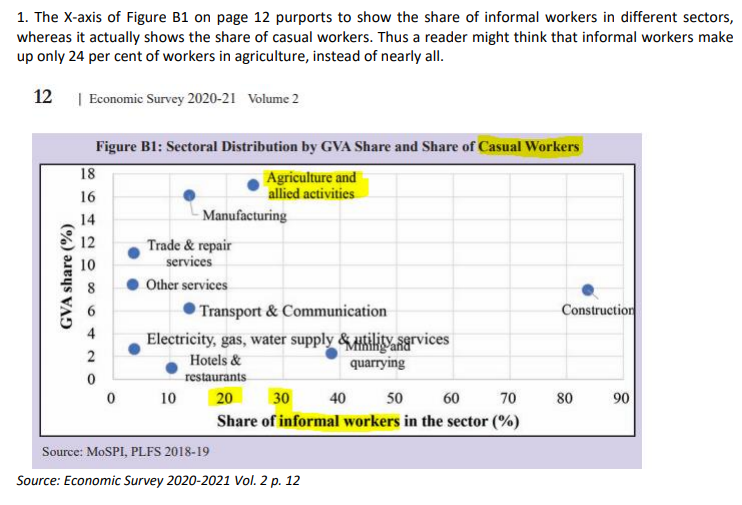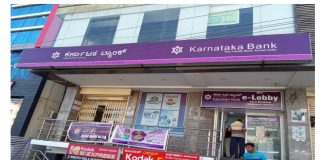EXECUTIVE SUMMARY. Documents of the Reserve Bank of India (RBI), like those of most central banks, are usually dry, sober statements of fact and analysis. Thus readers of the RBI’s April 2021 State of the Economy document would have sat up and rubbed their eyes as they read its call for a “celebration of life” during the present Covid-19 crisis:
“it is important to retain that light amidst the encircling gloom. It is said that the mind has a thousand eyes, but eyes are useless when the mind is blind.”
The document is studded with several other such gems, which readers might mistake for an inspirational lecture by Sadhguru.
Prestigious publications on the economy released by the Government of India and institutions like the Reserve Bank of India (RBI) are meant to be authoritative documents supported by strong logic, data and the use of careful, precise language. However, this is less and less the case. For example, the Economic Survey 2020-2021, authored by a team led by Krishnamurthy V. Subramanian, chief economic advisor, ministry of finance, government of India and the State of the Economy prepared by Michael Patra (deputy governor, RBI) and his team contain passages that read like propaganda literature in support of the central government, or like subjective exercises, instead of soberly presenting the facts and the state of the economy.

The Economic Survey is regarded as the most authoritative annual review of the performance of the Indian economy. The Survey, prepared by the economic affairs department of the finance ministry, is meant to provide Parliament with a thorough and authentic macro perspective of the economy before the Union Budget. As it is such an important document, double checking facts and charts prior to publication is essential, and the views put forth must have a strong logical basis. Sadly, the Economic Survey 2020-2021 is not only tendentious but littered with errors, indicating its sloppy approach to facts.

When technocrats in the ministry of finance and the central bank publish documents aimed at boosting spirits on a subjective basis, the credibility of the documents suffers, as does that of the institution.
Thanks to Research Unit for Political Economy for suggestions for the above article.
DISCLOSURE
I, Hemindra Hazari, am a Securities and Exchange Board of India (SEBI) registered independent research analyst (Regd. No. INH000000594). Views expressed in this Insight accurately reflect my personal opinion about the referenced securities and issuers and/or other subject matter as appropriate. This Insight does not contain and is not based on any non-public, material information. To the best of my knowledge, the views expressed in this Insight comply with Indian law as well as applicable law in the country from which it is posted. I have not been commissioned to write this Insight or hold any specific opinion on the securities referenced therein. This Insight is for informational purposes only and is not intended to provide financial, investment or other professional advice. It should not be construed as an offer to sell, a solicitation of an offer to buy, or a recommendation for any security.














